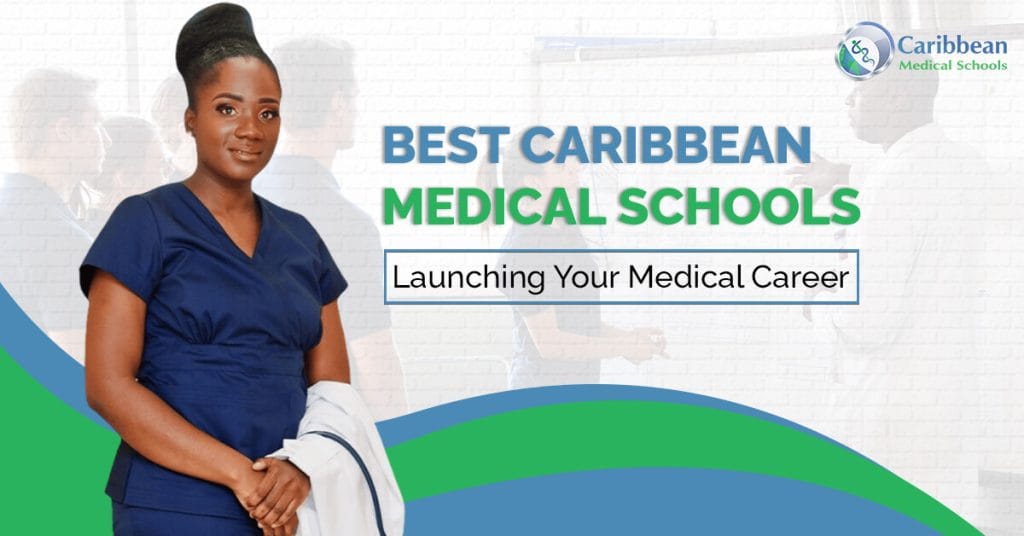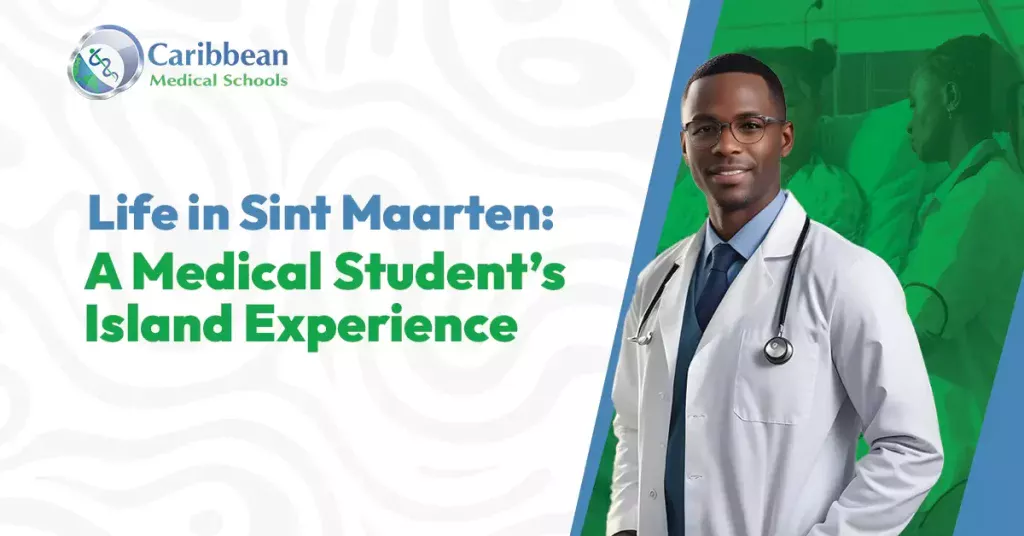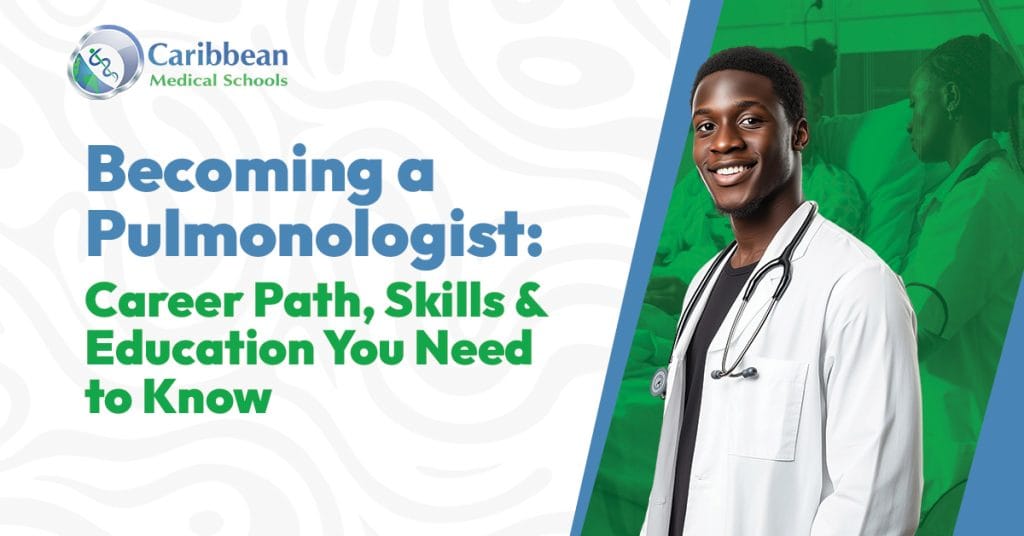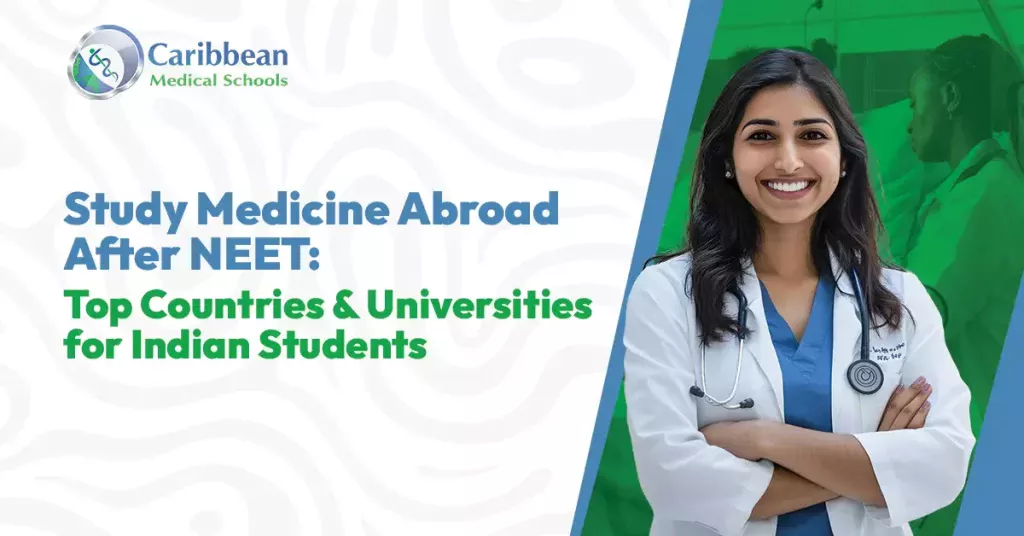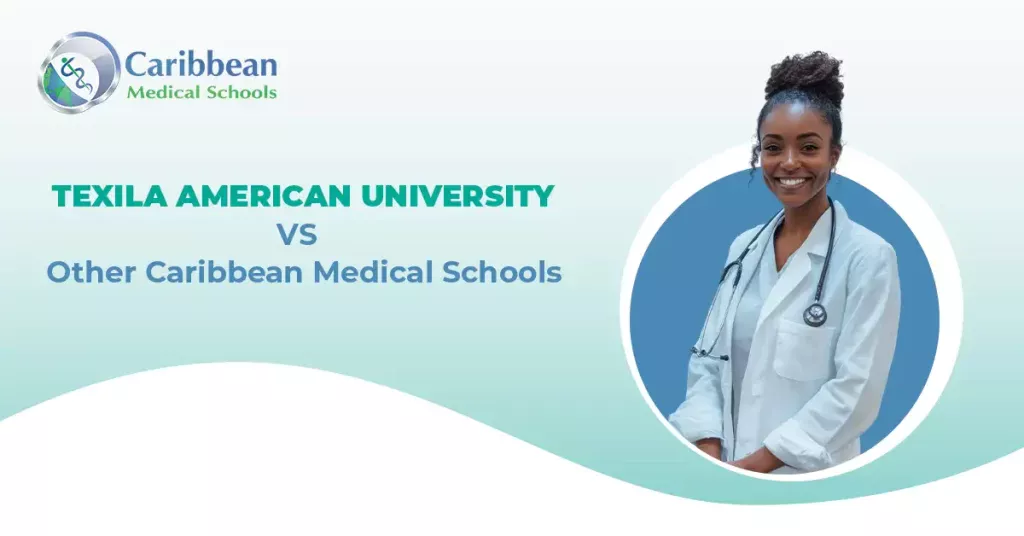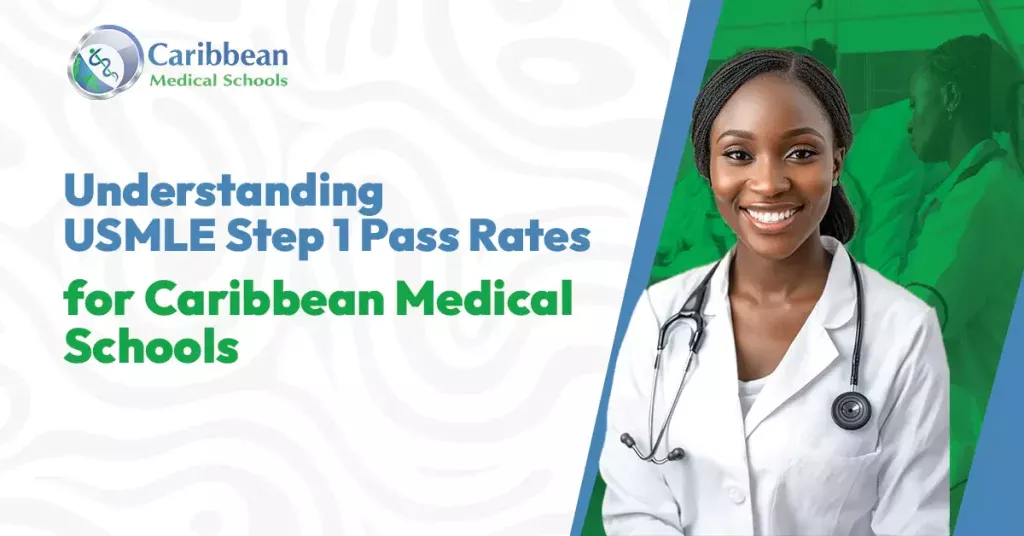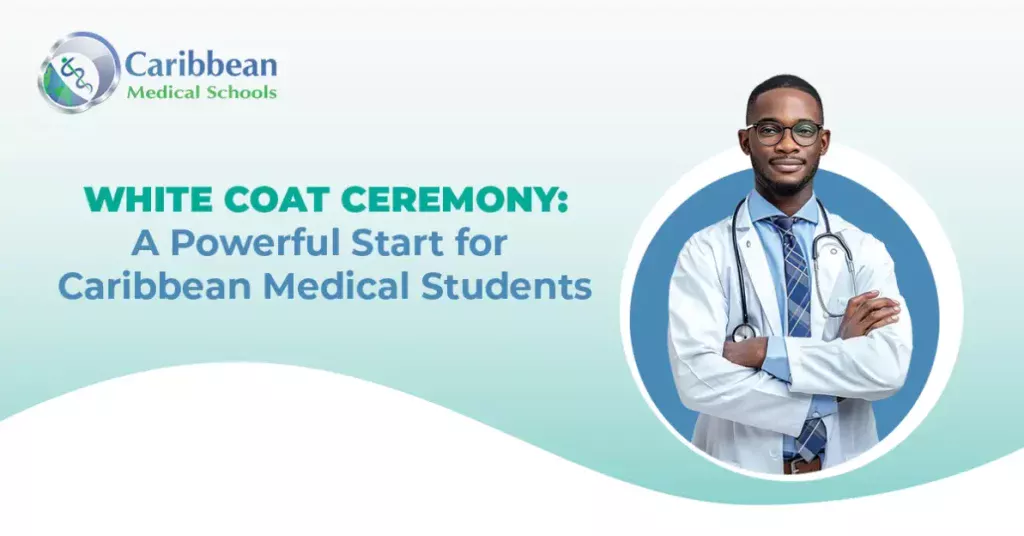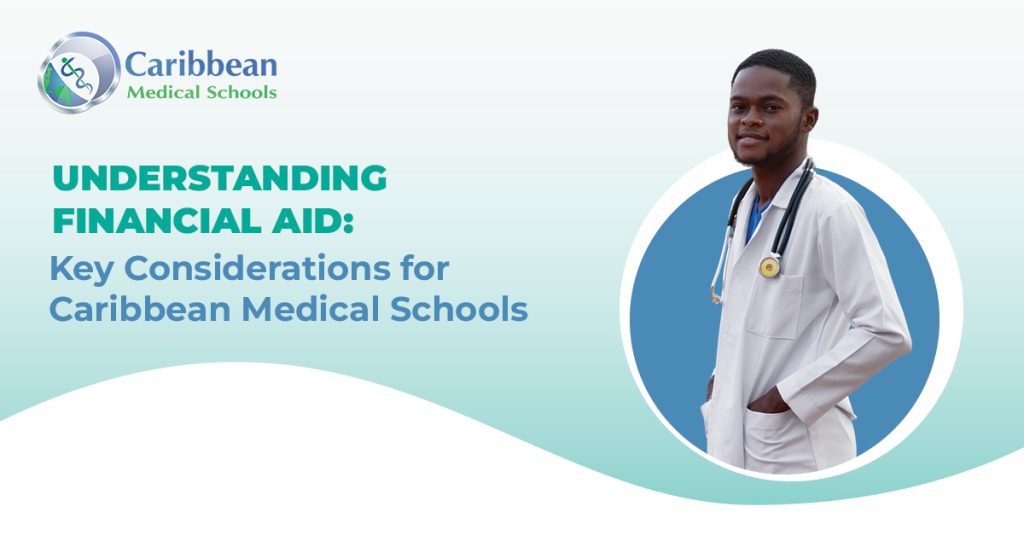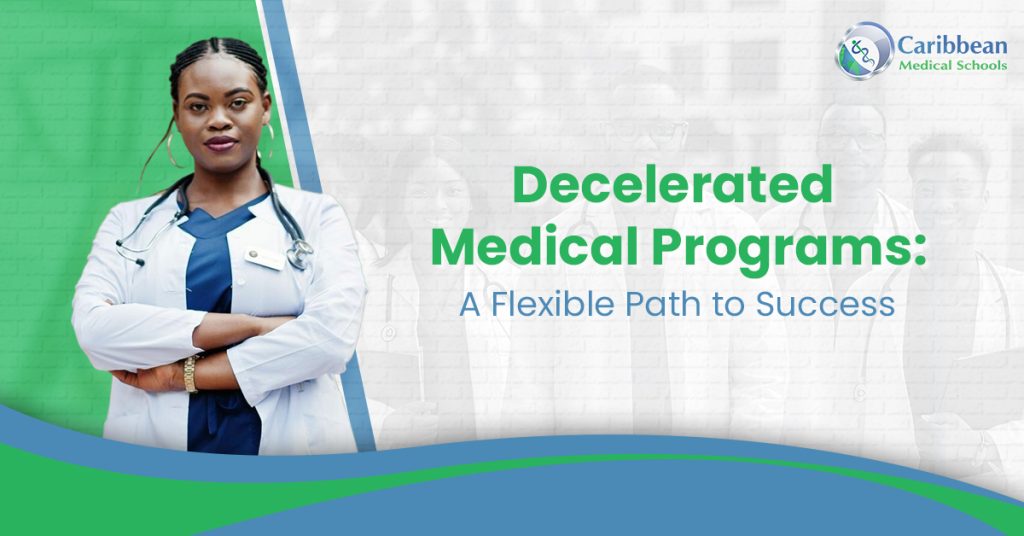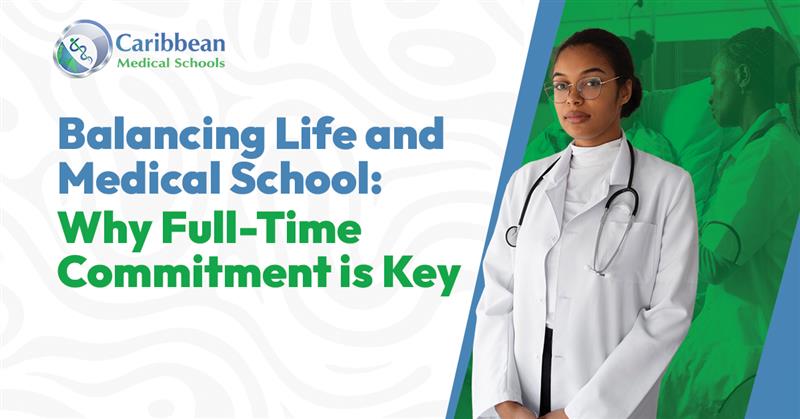Blog Summary
Are you aspiring to become a medical professional? Are you considering pursuing your medical education in the Caribbean? Look no further! The Caribbean is home to some of the best medical universities, offering excellent career opportunities for graduates. This article will explore the top Caribbean medical schools that can pave the way for your successful medical career. So, let’s dive in and discover the incredible possibilities awaiting you!
- Introduction
- The Appeal of Caribbean Medical Schools
- List of the Best Medical Universities in the Caribbean
- The Perks of Medical Education in the Caribbean: An Overview
- Inclusive Admission Process at Caribbean Medical Schools
- Building Pathways to International Success
- Clinical Experience and Residency Opportunities
- Research Opportunities
- Navigating Vast Horizons: The Multifaceted Careers
- Monetary Aspects
- Alumni Success Stories
- Conclusion
- FAQs
Introduction
Embarking on a medical career requires a solid educational foundation, and choosing the right medical school is crucial to achieving your goals. Best Caribbean Medical Schools have become popular among aspiring medical professionals worldwide. Their reputation for excellence, international recognition, and comprehensive curriculum makes them a preferred destination for medical education.
The Appeal of Caribbean Medical Schools
When considering options for medical education, Caribbean medical schools offer several compelling reasons to be preferred over other choices. One significant advantage is providing quality education with rigorous academic programs and adherence to globally recognized curricula, often through collaborations with international institutions. Another attractive feature is the diverse student body, which fosters a multicultural environment and enhances interpersonal skills, essential for effectively handling a diverse patient population.
Moreover, Caribbean medical schools offer valuable clinical experience opportunities, as many have affiliations with renowned hospitals and clinical centers, ensuring hands-on learning and skill development. The flexibility in admission criteria also makes these schools more accessible to students from diverse backgrounds. Additionally, the affordability of tuition fees and living expenses in the Caribbean further eases the financial burden for aspiring medical professionals. With these advantages in mind, exploring the List of Medical Schools in the Caribbean can be a promising step to kickstart one’s medical career.
List of the Best Medical Universities in the Caribbean
Texila American University (TAU): TAU is a premier educational institution offering a range of programs in medicine, business and in information technology. Texila has established strong alliances with renowned hospitals worldwide. TAU has built a reputation for offering cost-effective international education. To top it off Texila American University is accredited by CAAM -HP and ACCM too which is recognized by the WFME.
University of the West Indies (UWI): UWI is a prestigious institution with campuses in multiple Caribbean countries. It offers various medical programs and is known for its research and clinical facilities.
St. George’s University (SGU): SGU is recognized as one of the top medical schools in Grenada. Their broad selection of programs and close partnerships with hospitals in the US and UK make them a highly respected institution.
American University of the Caribbean School of Medicine (AUC): AUC in St. Maarten provides an excellent medical education. It emphasizes early clinical exposure and offers opportunities for clinical rotations in the United States and Canada.
These are just a few examples of the excellent medical universities in the Caribbean. Each institution offers unique advantages and opportunities, so it is essential to research and choose the one that aligns with your career aspirations and educational preferences.
The Perks of Medical Education in the Caribbean: An Overview
Study Medicine in the Caribbean offers significant advantages for aspiring medical professionals. Many Caribbean medical schools have international recognition and accreditation, ensuring worldwide acceptance of degrees and access to global career opportunities. The region’s diverse patient population provides exposure to varied medical cases, fostering clinical expertise and adaptability.
Additionally, some schools offer clinical rotations in the United States, granting students valuable experience within the American healthcare system. Caribbean medical schools prioritize student support, offering academic assistance, mentorship programs, and career guidance services. Moreover, studying in the Caribbean facilitates networking with students, faculty, and experts worldwide, creating opportunities for collaboration and research. Overall, Caribbean medical schools provide a well-rounded and rewarding education, preparing students for successful medical careers in healthcare.
Inclusive Admission Process at Caribbean Medical Schools
Caribbean medical schools boast an inclusive and positive admission process that values more than just academic achievements. Aspiring medical students are encouraged to submit comprehensive applications with supporting documents, including academic transcripts and a personal statement. While some schools may request the MCAT or a specific entrance exam, these tests are viewed as tools to assess potential rather than sole determinants for admission. Shortlisted candidates undergo interviews to showcase their communication skills, motivation, and dedication to medicine. Caribbean medical schools prioritize diversity and create a nurturing environment where students from various backgrounds can thrive, making it a promising path for aspiring physicians to fulfill their dreams and positively impact healthcare.
Building Pathways to International Success
Comprehensive curriculum that covers both pre-clinical and clinical phases. During the pre-clinical stage, students focus on fundamental sciences like anatomy, physiology, biochemistry, and pharmacology through lectures, laboratory sessions, and interactive learning activities. Upon completing this phase, students transition to the clinical stage, where they participate in invaluable clinical rotations, working alongside experienced physicians and healthcare professionals in various specialties. These rotations allow students to apply their theoretical knowledge in healthcare settings, gaining hands-on experience and exposure to diverse medical disciplines. Another notable advantage is the global exposure that Caribbean medical schools provide. With a comprehensive curriculum and the opportunity for international exposure, Caribbean medical schools offer a rewarding and well-rounded medical education to students seeking to excel in healthcare.

Clinical Experience and Residency Opportunities
One of the significant advantages of studying in Caribbean medical schools is the abundance of clinical experience opportunities. Numerous medical schools in the Caribbean join forces with hospitals and healthcare institutions, allowing students to gain valuable clinical experience through practical training. These experiences enable students to interact with patients, observe medical procedures, and develop essential clinical skills under the guidance of experienced physicians. Also have affiliations with hospitals and residency programs in the United States, Canada, and other countries. These partnerships allow graduates to pursue residency training in various specialties, opening doors to multiple career paths and professional growth.
Research Opportunities
Caribbean medical schools also emphasize research as an integral part of medical education. Engaging in research projects allows students to contribute to advancing medical knowledge and develop critical research skills. Many schools have dedicated research departments and offer research opportunities in collaboration with international institutions. Participating in research enhances students’ understanding of medical concepts and strengthens their competitiveness for residency programs and future career prospects.
Navigating Vast Horizons: The Multifaceted Careers
Graduating from a Caribbean medical school offers many career opportunities for healthcare professionals. Many graduates secure prestigious residency positions worldwide, with a strong track record in the United States. After residency training, they can pursue specialized fellowships to enhance their expertise. Graduates may establish their medical practices or join existing healthcare facilities, serving as physicians to needy communities. Some opt for academic or research careers, becoming medical educators or researchers. Many contribute to public health initiatives, addressing disparities and improving healthcare access. The career prospects for Caribbean medical school graduates are diverse and rewarding, providing a fulfilling path in medicine.
Monetary Aspects
Financing medical education is a vital aspect to consider. While medical education costs vary among Caribbean medical schools, it is generally more affordable than institutions in other regions. Additionally, several scholarships, grants, and financial aid options are available to support students in their educational journey. Also, offer scholarships based on academic merit, financial need, and other criteria. These scholarships can significantly alleviate the financial burden and make medical education more accessible for deserving students. Exploring the scholarship opportunities provided by individual medical schools and external organizations are recommended to identify suitable options.
Alumni Success Stories
The success stories of Caribbean medical school alumni serve as inspiring examples of the opportunities and achievements that await graduates. Many alumni have established successful careers as physicians, researchers, educators, and leaders in medicine. Their contributions to healthcare and their communities highlight the quality of education and training provided by Caribbean medical schools. The accomplishments of alumni reflect the strong foundation, knowledge, and skills they acquired during their education. Their success demonstrates that graduating from a Caribbean medical school can lead to a fulfilling and impactful medical career.
Conclusion
Making the right choice of medical school plays a vital role in forging a successful medical career. Caribbean medical schools are beacons of opportunity for future medical professionals, providing a robust blend of top-tier education, diverse clinical exposures, and global acclaim. The well-rounded curriculum, research prospects, and collaborations with prestigious hospitals and residency programs equip graduates with the necessary skills and experiences for triumphant pursuits in the medical field.

